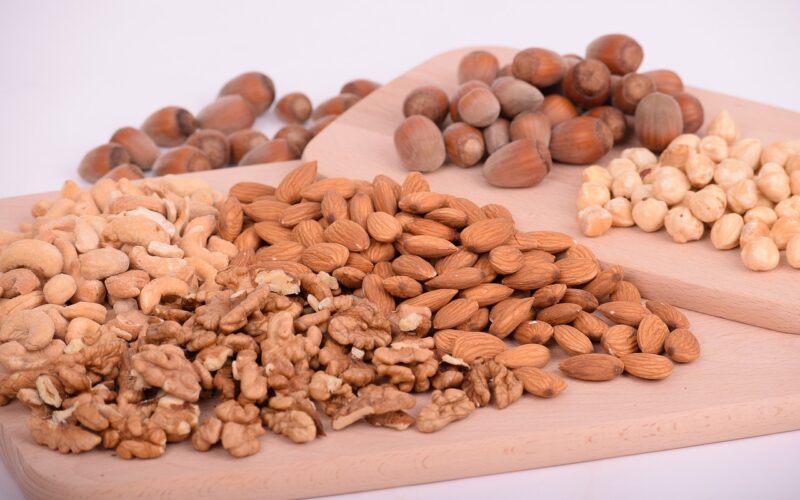If you're one of the many unfortunate people who constantly suffer from coughs, colds and more severe illnesses despite taking all the precautions to stay healthy, then you know how disastrous and exhausting it can be. But what if there was an explanation behind why some individuals seem to always fall prey to sicknesses?
Why do some people have constant coughing episodes, chronic fatigue or even frequent bouts with common viruses?
Persistent coughs can be irritating
A cough is a reflex action to clear your throat and airways from illness, dust or other irritants. It can be either dry or productive, indicating whether phlegm is present or not. Dry coughing is typically short and repetitive, while productive coughs often produce mucus when you cough up phlegm.
If you're coughing up blood, this could be a sign of bronchitis or more severe illness such as tuberculosis and should be looked at by your doctor right away. Coughs can range from mild to severe, persisting for anywhere between a few days to several weeks.
So if you've been dealing with an illness or allergy-induced cough for more than a couple of weeks it might be time to check in with a doctor.
Early diagnosis is key
A chronic cough is defined as a coughing spell that lasts eight weeks or longer. It can have a number of underlying causes, from allergies and asthma to smoking cigarettes or even acid reflux. When dealing with a persistent cough, seeking out medical attention is the best course of action.
A doctor can evaluate your medical history and symptoms in order to determine the underlying cause and suggest an appropriate treatment plan. Diagnosing a chronic cough may also involve tests such as imaging scans or pulmonary function tests in order to arrive at an accurate diagnosis.
In some cases, laryngoscopy may be necessary in order to get a better view of the throat and vocal chords. No matter what treatment options are suggested, early diagnosis is key when it comes to effectively treating this pesky symptom.
Quiting smoking
A chronic cough is a long-term uncomfortable symptom that can last for weeks or even months. While it is not typically life threatening, it can cause sleepless nights and disrupt normal daily activities. Fortunately, there are several treatments available to reduce or stop the annoying cough.
For example, one way to reduce the cough is through medication therapy, either with an over the counter or prescribed medication depending on its severity. Alternatively, using steam inhalation therapy, drinking plenty of fluids, or avoiding irritants like cigarettes and household dust can also help relieve some of the symptoms.
To prevent chronic coughing in the future it is important to practice healthy habits such as quitting smoking and reducing stress levels as these are known triggers for this condition. Therefore staying active and managing your mental health along with leading a balanced lifestyle should be implemented so as to avoid a return of this annoying and disruptive symptom.
Manage your chronic cough effectively
Managing a chronic cough can be a challenge, but with the proper treatment plan, you can still live a relatively normal life. A key part of managing the condition is understanding what triggers your cough; this could be anything from being exposed to certain environments to eating certain foods. Keeping an eye on how different factors affect your cough can allow you to take steps to avoid potential triggers.
Additionally, it's important to prioritise getting plenty of rest and engaging in stress reduction techniques such as meditation or yoga that can help lower symptoms naturally.
Finally, talk to a doctor who specialises in respiratory problems, they may be able to suggest specific treatment options that could help alleviate coughing and make your day to day life simpler. With a combination of careful avoidance of potential triggers and holistic treatment techniques, you can effectively manage your chronic cough.
Drinking honey and lemon water
While chronic cough cannot be cured with home remedies, there are some natural treatments that can help to alleviate coughing and make it more bearable. Home remedies such as drinking honey and lemon water, using steam inhalation, and applying essential oils may provide temporary relief for symptoms of a chronic cough. Honey is believed to have antibacterial and anti-inflammatory properties which can help reduce inflammation in the airways.
Essential oils work similarly by helping to reduce inflammation in the respiratory system. Finally, steam inhalation can help loosen chest congestion and improve breathing. It's important to keep in mind however that these home remedies should not be regarded as a cure for underlying medical conditions causing a chronic cough, if you suspect a chronic underlying illness is the source for your coughing, consulting with your doctor him is always the best course of action.
Monitor the frequency and severity of coughing bouts
If your child has been coughing for an extended period of time without relief, it is important to seek out medical advice. Taking your child to a a general practitioner in order to identify the source of the cough can be beneficial in treating the situation.
The doctor may prescribe medication such as an inhaler, antibiotics or antihistamines as well as advise changes to lifestyle choices such as smoking or allergies that may be aggravating the symptoms. It is also important to monitor the frequency and severity of coughing bouts, potential triggers of them and track any other underlying symptoms likecough fever, sore throat or chest pain that could contribute to a more accurate prognosis.
Coughing for three weeks can indicate anything from a common cold to asthma so early diagnosis is key for better management.



























